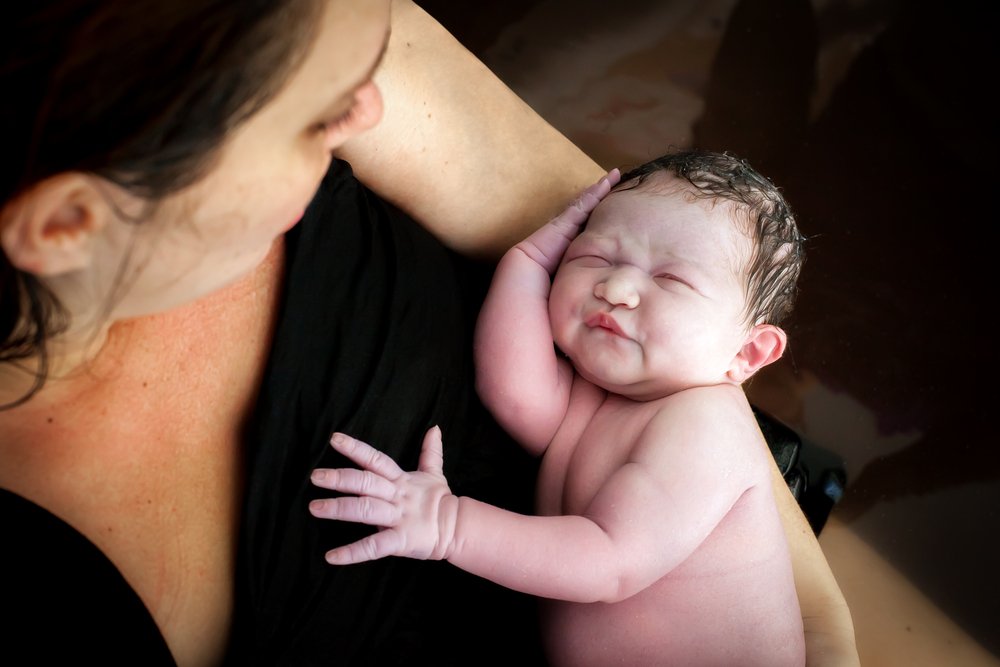FDA Authorizes Use of Test to Aid Newborn Screening for Duchenne MD

The U.S. Food and Drug Administration (FDA) has authorized use of the first test intended to facilitate newborn screening for Duchenne muscular dystrophy (DMD).
“Diagnostics that can safely and effectively screen newborns can help health care professionals identify and discuss potential treatment options with parents and caregivers before symptoms or effects on a baby’s health may be noticeable,” Tim Stenzel, MD, PhD, director of the Office of In Vitro Diagnostics and Radiological Health in the FDA’s Center for Devices and Radiological Health (CDRH), said in a press release.
“This authorization reflects our commitment to fostering innovation in devices to help inform and provide options to patients and their caregivers. Early screening can help identify individuals who need additional follow up or treatment,” Stenzel said.
Newborn screening tests aim to help physicians identify serious medical conditions shortly after birth. These tests normally use a small amount of dried blood that is collected from the prick of an infant’s heel.
The test now authorized by the FDA, called GSP Neonatal Creatine Kinase-MM kit and marketed by PerkinElmer, works by measuring the levels of creatine kinase (CK)-MM in the dry blood within 24 to 48 hours after birth. As other creatine kinases, CK-MM is normally found in muscles.
Upon muscle damage, CK-MM leaves muscle tissue and enters the bloodstream. For this reason, high levels of CK-MM in the blood is a marker of muscle damage, and can indicate the presence of DMD. Test results must be confirmed by other methods, including muscle biopsies, and genetic and other laboratory tests.
Laboratories across the U.S. may now add this newly authorized kit to their panel of newborn screening tests.
However, this authorization does not mean that the FDA is recommending that Duchenne MD be added to the Recommended Uniform Screening Panel (RUSP) — the list of medical conditions recommended in newborn screening across all 50 states by the U.S. Department of Health and Human Services.
The kit is also not a diagnostic test for DMD, and should not be used as a screening test for other types of muscular dystrophy, the FDA said.
The agency reviewed this kit through the de novo premarket review, a program for low-to-moderate risk devices of a new type.
During this process, the FDA reviewed data from 3,041 newborns who were screened for the presence of high blood levels of CK-MM, using the GSP Neonatal Creatine Kinase-MM kit. The kit correctly identified four newborns who carried mutations causing DMD.
To validate the assay, PerkinElmer tested 30 samples from infants with a confirmed diagnosis of DMD. All were correctly identified by the kit.
The company also conducted genetic screening tests for DMD in 173 infants, including a subgroup deemed negative by the GSP Neonatal Creatine Kinase-MM kit. Results showed that none of these infants carried DMD-linked mutations, again confirming the findings seen with the kit.
Along with this authorization, the FDA is creating specific criteria, called special controls, that seek to ensure the safety and effectiveness of this type of tests. These special controls include design validation and labeling requirements. The main risks associated with the GSP Neonatal Creatine Kinase-MM kit include false negative results, the agency said.






